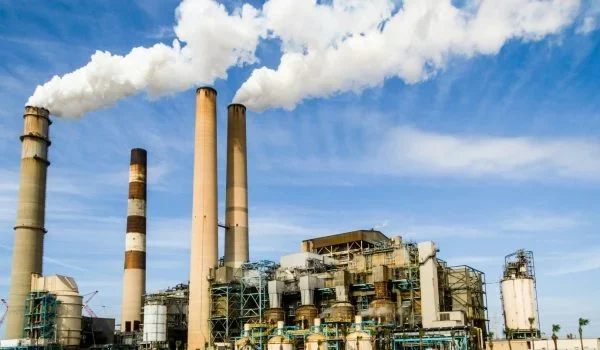
Thermal audits are essential for high-energy-consuming industries, including:
- Power Plants & Cogeneration Units
- Cement, Steel, and Metal Processing Industries
- Textile, Pulp & Paper, and Food Processing Plants
- Chemical, Petrochemical & Refinery Industries
- HVAC, Boilers, and Steam Distribution Systems
